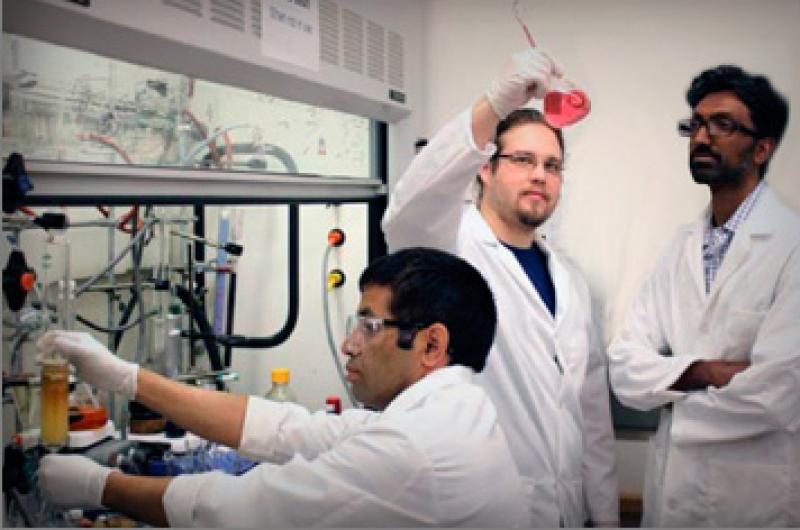ATC Study (Healthy Volunteers-Volunteers on Anticoagulants)

Study Status
Enrollment Period
Eligibility Criteria
Contact Information
Select a tab above for more information.
Who Qualifies for this Study?
Group 1: Healthy Volunteers
- Age: 18 to 85 years old
- Health status: Must be healthy (i.e., no known clotting disorders or current anticoagulant use)
- Number needed: 100 participants
- Purpose: Used to establish normal reference values and test for hypercoagulable simulations (with added fibrinogen or tPA)
Group 2: Anticoagulant Users
- Age: 18 to 85 years old
- Health status: Currently taking oral blood thinners, including:
- Vitamin K antagonists (e.g., warfarin)
- Low molecular weight heparin (LMWH)
- Direct-acting oral anticoagulants (DOACs) (e.g., apixaban, rivaroxaban, dabigatran)
- Number needed: 50 participants
- Purpose: Used to compare clotting data from finger-prick samples with standard venous draws in a hypocoagulable population
Join a Clinical Trial Today
Help advance medicine and make a difference.
Frequently Asked Questions
We understand that deciding to join a clinical trial is a personal choice—and often one that comes with a lot of questions. Whether you're curious about how trials work, wondering about safety, or just want to know what to expect, you're in the right place.
A clinical trial is a research study that tests how new medical approaches work in people. It helps doctors find better ways to prevent, detect, or treat diseases.
Why should I consider participating?
By joining a clinical trial, you can gain access to new treatments before they’re widely available and help advance medical knowledge that could benefit others in the future.
Clinical trials follow strict safety protocols and are closely monitored by medical professionals and regulatory agencies to protect participants. Your health and safety are a top priority.
Some clinical trials offer compensation for your time and travel. This varies depending on the study. Ask the research team for details.
Can I leave a study at any time?
Yes. Participation is completely voluntary, and you can withdraw at any point for any reason without penalty.
What happens if I have side effects?
All potential risks and side effects will be explained to you before the study begins. If you experience any issues, the study team will monitor and support you with appropriate care.
Will my personal information be kept private?
Yes. Your data is kept confidential and is only used for research purposes in accordance with privacy laws and ethical standards.
Do I need health insurance to participate?
Not usually. Most trials cover the cost of the study-related care. You should ask the study coordinator for specifics.
